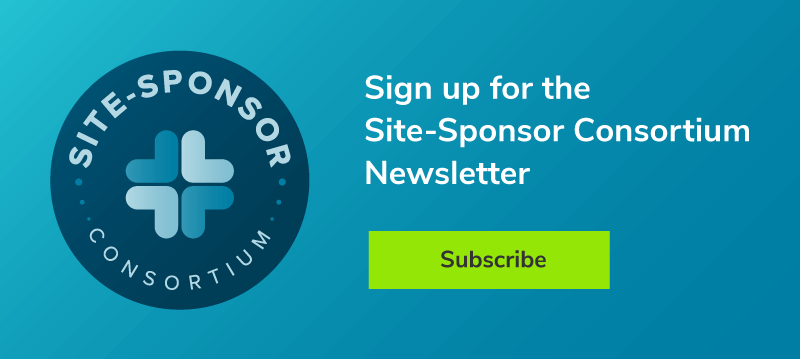Educating New Researchers: Mastering Human Subjects Research and Ethical Compliance

For new researchers stepping into the complex world of academic and clinical studies, understanding the foundational principles can be overwhelming. The challenge of educating this new community involves the need to balance theoretical knowledge with practical experience, which enables them to ensure ethical compliance and adapt to evolving research methodologies.
Educating New Researchers on the Basics
At the beginning of their career, new researchers begin to experience responsible conduct of research principles firsthand. While all these foundational activities are taking root, new researchers who wish to involve people in their studies are also asked to simultaneously understand yet another layer – human subjects research (HSR) regulations. Ensuring new researchers have sufficient background as they delve into HSR can be a challenge for an institution’s human research protections program (HRPP), particularly in the realm of social, behavioral, and educational research (SBER).
Training for Reality
Basic HSR training might consist of a course occurring on the researcher’s own time, without much contemplation or discussion beyond a solo, rapidly completed learning prerequisite. While this checks the initial box for HSR education, it will not hold much practical meaning for new researchers. While they may know quantitative and qualitative methodology, it can be more difficult to meaningfully inform the new researcher community on the federal regulations and nuances of exempt and expedited categories, for example. Consequently, these categories allowances and limitations have a real impact on the way the HSR is conducted.
Myths and Misconceptions
It is critical to educate new researchers on the importance of IRBs, informed consent, data privacy, and research ethics while ensuring they don’t see these as bureaucratic hurdles, but rather essential elements for conducting safe and responsible research.
An IRB administrator, manager, or HRPP staff person may have heard phrases reflecting some researcher confusion about key HSR concepts. These conversations between new researchers and HRPP representatives can be crucial learning points and relationship building opportunities.
One-on-one interactions take time and create trust. But are they enough, and do they occur at the right time? Innocent assumptions or misconceptions could lead to inaccurate HSR submissions, invalid research data, or harm to human subjects.
Setting the Right Framework
Institutional efforts to build out resources for new researchers goes a long way in preventing future problems. HRPP education and tools for investigators can debunk those preconceived notions and promote solutions while simultaneously showcasing the HRPP’s expertise.
Recommendations
- Provide a robust toolbox: Spend time refining all outward-facing materials like your website and HRPP manual. Build customized flowcharts or decision trees. Display or link to federal definitions and categories used for decision making.
- A webpage for getting started: This serves as the launchpad for new researcher onboarding and provides a place to break down new concepts in easy-to-understand language.
- Define a typical review timeline: Based on staffing and workload, manage new researcher expectations with a reasonable length of time they can expect to wait, especially for initial IRB review. Use a cushion to give HRPP staff flexibility when needed.
- Illustrate the lifecycle of a protocol: Give new researchers a preview of possible protocol states from approval to continuing review as applicable. Provide resources showing the differences between processing and handling of exemptions, expedited, and full board protocols.
- Create a determination form and process: This helps HRPP staff make not HSR (NHSR) determinations. Offer clear explanation to researchers on the implications of receiving an NHSR determination (e.g., instruction to avoid referring to the project or outcomes as HSR down the line).
- Explore educational intake forms: Some form systems allow for help text or linking to your website where definitions or explanations can be readily accessible to submitters. Exemplify terms like “anonymous,” “confidential,” and “deidentified.” Connect these concepts to your applications for easy retrieval when new researchers are in the research design and protocol drafting stages. Consider smart forms designed to teach the submitter about HSR and prompt appropriate regulatory requirements.
- Offer deeper dive training: Set intentional time to demonstrate specific exempt and expedited category examples for the new research community with sessions allowing space for questions and answers.
Educating new researchers is a critical component of an effective HRPP. It is well worth an institution’s time and effort to give special focus to educating new researchers. The investment in broad-reaching education, in multiple mediums, expands the influence of even the smallest HRPP. These tools not only assist HRPP staff in making consistent decisions, but they lay the groundwork for a new researcher to excel in their career towards an expert investigator.


